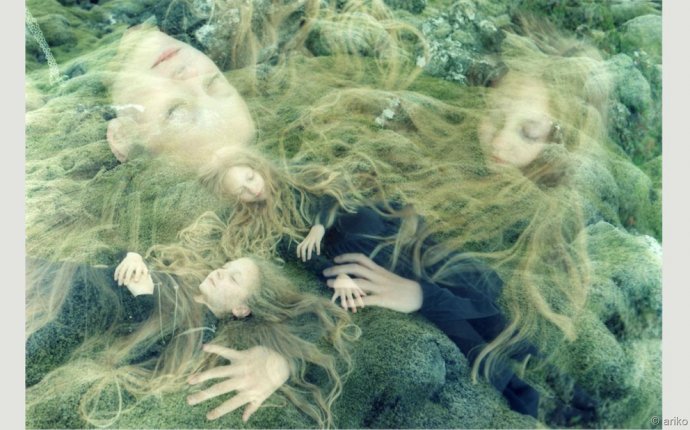
Carl Jung interpretation of dreams
 Like his mentor Sigmund Freud, Carl Gustav Jung (1875-1960) also believes in the existence of the unconscious. However, he does not see the unconscious as animalistic, instinctual, or sexual; he sees it as more spiritual. Eventually, Jung split with Freud due to their differing views on dreams.
Like his mentor Sigmund Freud, Carl Gustav Jung (1875-1960) also believes in the existence of the unconscious. However, he does not see the unconscious as animalistic, instinctual, or sexual; he sees it as more spiritual. Eventually, Jung split with Freud due to their differing views on dreams.
According to Jung, dreams are a way of communicating and acquainting yourself with the unconscious. Dreams are not attempts to conceal your true feelings from the waking mind, but rather they are a window to your unconscious. They serve to guide the waking self to achieve wholeness and offer a solution to a problem you are facing in your waking life.
Jung views the ego as your sense of self and how you portray yourself to the world. Part of Jung's theory is that all things can be viewed as paired opposites: good/evil, male/female, or love/hate. So working in opposition to the ego, is the "counterego" or what he refers to as the shadow. The shadow represents the rejected aspects of yourself that you do not wish to acknowledge. The shadow is more primitive, somewhat uncultured, and a little awkward.









